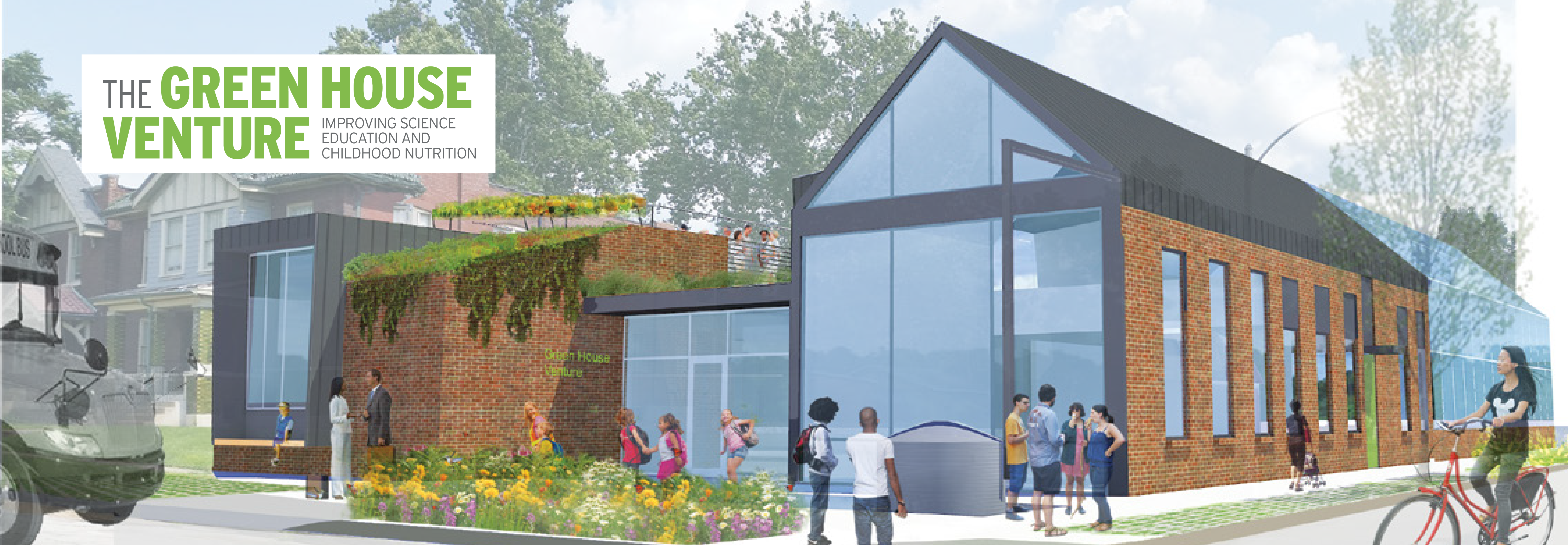St. Margaret of Scotland collaborates with The Greenhouse Venture to offer students in grades 4-6 stimulating experiences in science, technology, engineering, communication arts, and math (STEAM). The Greenhouse Venture works with scientists and students from Saint Louis University, Washington University, St Louis Community College, and SLU High School to offer a wide variety of experiences.
Ambassadors After-School Program
10 weeks each term, Tuesdays, 3:45-5:00
Activities include field trips, science days on university campuses, visits to the Community College mobile Science Van, and a variety of hands-on experiments. Children have opportunities to grow plants in computer-controlled growing chambers known as ‘food computers,’ allowing them to explore the science behind plant development and the cycles of natural ecosystems.
Students must be invited to join this program, as space is limited to 5 students from each participating school.
Classroom Outreach Program
Participating science teachers will introduce their classes to the steps needed to develop a strong Science Fair Project. Students will have access to a food computer and to special curricular materials provided by the Venture.
In-School Workshops
Once a term, scientists and nutritionists will visit the school to give demonstrations and offer special hands-on experiences in STEAM disciplines. To help deal with the childhood over-weight crisis, the Venture also works with the Saint Louis University Department of Nutrition and Dietetics to introduce students to the science of eating well and cooking tasty, healthy meals.
For more information about participation in these programs, please contact one of the program members or the school office.
The Greenhouse Venture is founded on a collaboration between Saint Louis University and four schools: St. Margaret of Scotland, Mullanphy-Botanical Garden, Tower Grove Christian, and the Saint Louis Language Immersion schools. The goal of The Greenhouse Venture is to:
- Introduce children to a rich, hands-on learning experience that improves bioscience education.
- Increase student understanding of proper nutrition, and encourage families to adopt healthier everyday habits.
- Lead more students to careers in bioscience to meet the pressing need to fill emerging jobs in science and agriculture.


